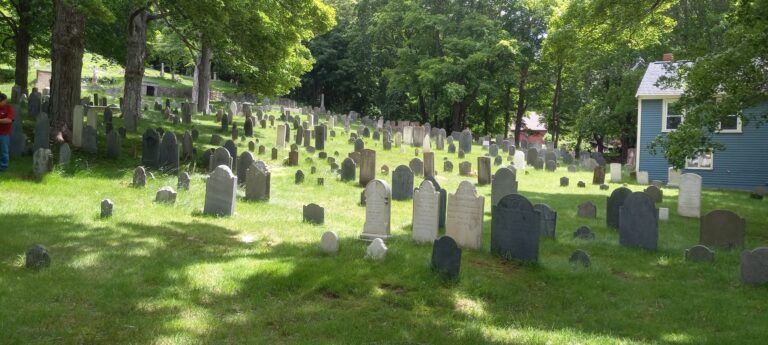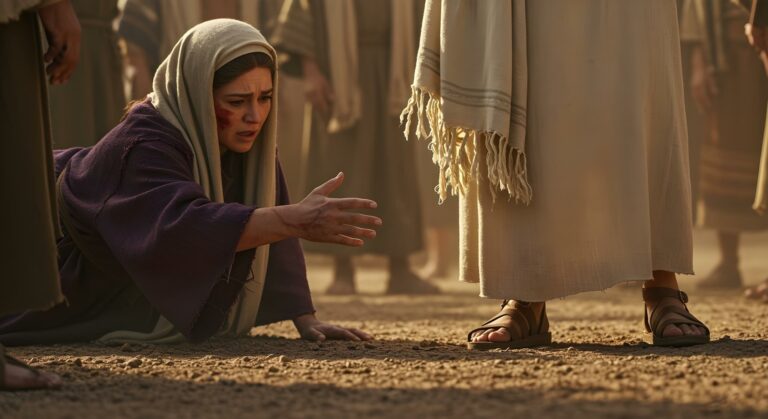Our church has been working through the book of Ezekiel the last few weeks together. If you are not familiar with this amazing book of prophecy, I encourage you to take a couple of weeks and read through it.
Chapter 5 ends with these words:
13 “Thus shall my anger spend itself, and I will vent my fury upon them and satisfy myself. And they shall know that I am the Lord—that I have spoken in my jealousy—when I spend my fury upon them. 14 Moreover, I will make you a desolation and an object of reproach among the nations all around you and in the sight of all who pass by. 15 You shall be[d] a reproach and a taunt, a warning and a horror, to the nations all around you, when I execute judgments on you in anger and fury, and with furious rebukes—I am the Lord; I have spoken— 16 when I send against you[e] the deadly arrows of famine, arrows for destruction, which I will send to destroy you, and when I bring more and more famine upon you and break your supply[f] of bread. 17 I will send famine and wild beasts against you, and they will rob you of your children. Pestilence and blood shall pass through you, and I will bring the sword upon you. I am the Lord; I have spoken.”
-Ezekiel 5:13-17 (ESV)
When we reached the end of that chapter, I asked the congregation the question:
Is this just a big divine temper tantrum? God got mad because his people are not doing what he asked them to do, so he explodes in anger. Is that what we are seeing here in these chapters?
Holy Anger
What we see here is not a temper tantrum. What we see is God being faithful to do what he said he would do. God repeatedly warned his people that this would happen if they turned and went their own way.
What should concern us more would be if God did nothing.
We would not have a righteous God that could be trusted. How could we trust his promises at all if he did not do the thing he said he would do if they disobeyed? How could we believe that he is good and righteous if he never dealt with sin?
How can we tell the victims of genocide that God will one day judge? How can we tell the descendants of slaves who were lynched that God will one day judge? How can we tell the oppressed and marginalized peoples of the world who have been ruled by vicious dictators and tyrants that one day God will clean all of this up?
Bottom line: we couldn’t. God’s righteousness and holiness require a response to evil; they require justice.
What we see here in these chapters in Ezekiel is God doing exactly what he warned the people he would do. (See Jeremiah 25:4-14.)
He is holy, righteous and just and we should tremble at the thought.
Good News for Sinners Like You and Me
If you are like me, when you hear that God is just, it creates a deep uneasy feeling within me. If God’s holiness requires a response to sin, what about my sin?
What about your sins?
All of us, every single one, has worshiped idols just like the Israelites—maybe not the same idols, but idols nonetheless. The perfect and righteous Judge of the universe must respond.
What are we to do?
The Robe of Ezekiel
At the start of chapter five, Ezekiel the prophet is sharing a message with the people through street theater (think something like charades), at God’s command. He is letting the people know that because of their many sins, Jerusalem would fall and many of the people would be killed.
But in the midst of the terrible message, there is a glimmer of hope. See if you can spot it:
“And you, O son of man, take a sharp sword. Use it as a barber’s razor and pass it over your head and your beard. Then take balances for weighing and divide the hair. 2 A third part you shall burn in the fire in the midst of the city, when the days of the siege are completed. And a third part you shall take and strike with the sword all around the city. And a third part you shall scatter to the wind, and I will unsheathe the sword after them. 3 And you shall take from these a small number and bind them in the skirts of your robe. 4 And of these again you shall take some and cast them into the midst of the fire and burn them in the fire. From there a fire will come out into all the house of Israel.
Ezekiel 5:1-4
Notice that some of the hairs (representing the people of Israel) were not destroyed but tucked in the skirt of the robe of Ezekiel. In other words, there are some that receive mercy.
How can you and I today, receive the mercy of God like those few that were tucked in the robe of Ezekiel did?
Today, the way of mercy is to believe and trust in Jesus.
Most certainly not through being a good person and not through being perfectly obedient. None of us is good and none of us can perfectly obey (see Isaiah 64:6).
We are tucked in the robe by trusting in Jesus.
Jesus, the Son of God, came down and took on flesh and absorbed the punishment that those few in Israel deserved and he absorbed the punishment for all those who would come to believe in him as well.
God has promised that everyone who confesses with their mouth Jesus as Lord and believes in their heart that God raised him from the dead, will be saved (see Romans 10:9). God has promised to justify us and count us forgiven if we do this. We can trust his promises because God has always been faithful to do what he says he would do, just like he did with Israel when he warned them of coming judgment through the many prophets in the Old Testament like Ezekiel.
And in this way, through the sacrifice of Jesus Christ on the cross, God would vindicate his name and his holiness and righteousness and at the same time show mercy to those tucked in his robe.
Jesus is the robe. Trust in him, walk in his ways, and you will be saved.



